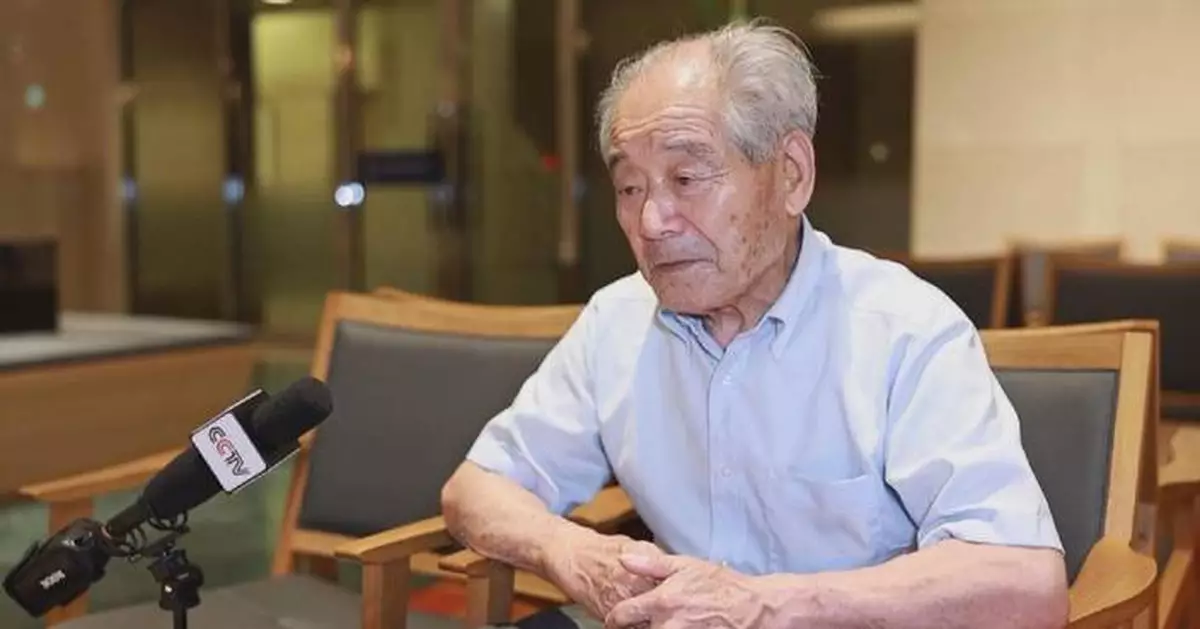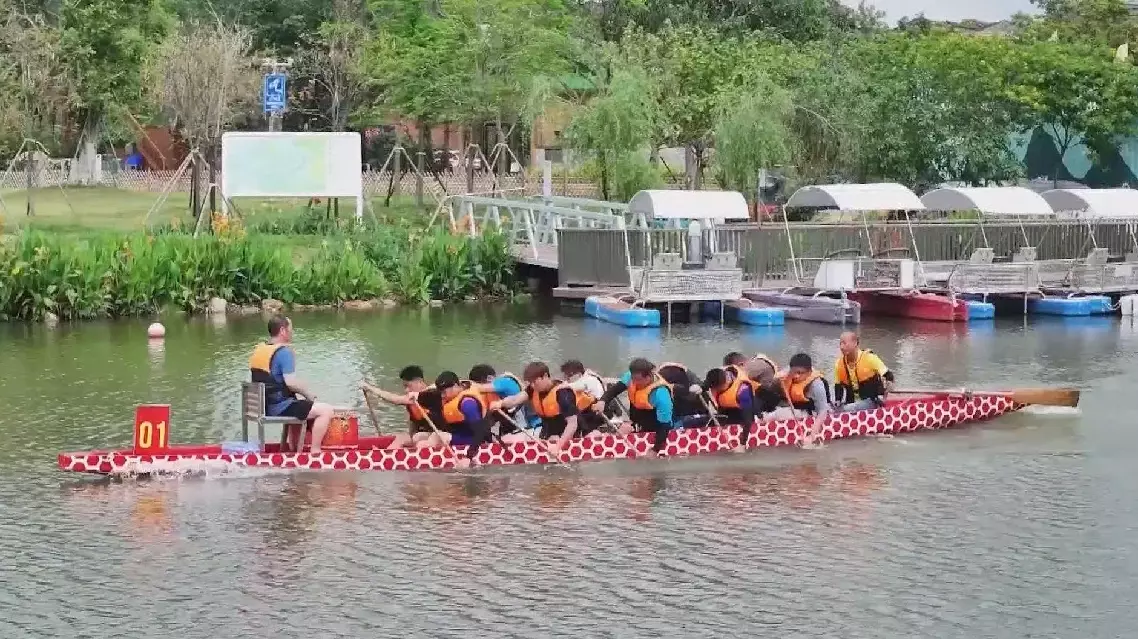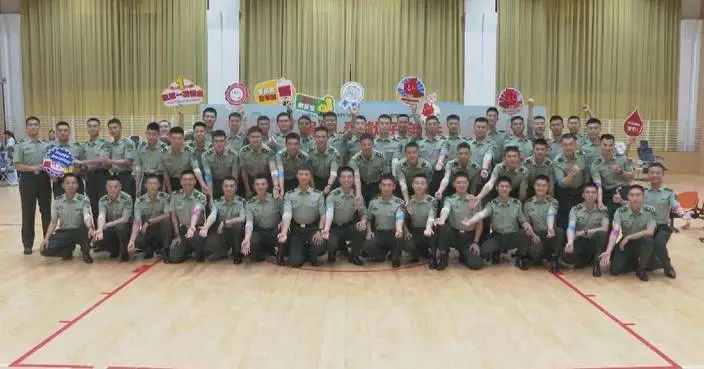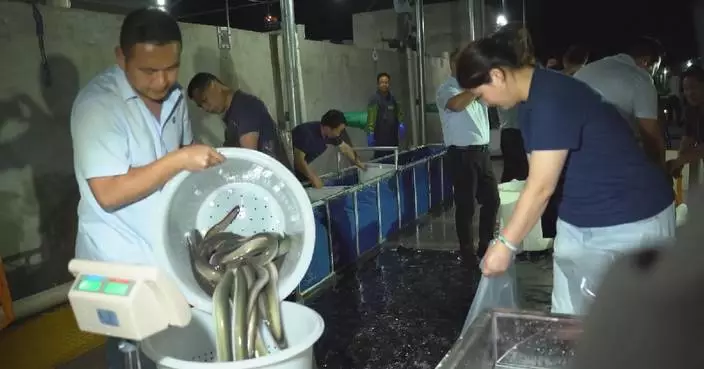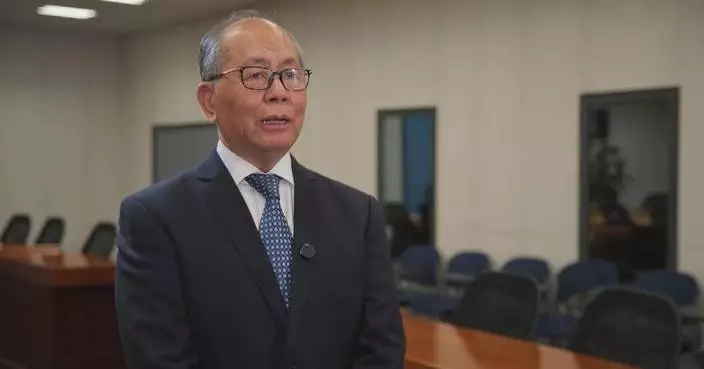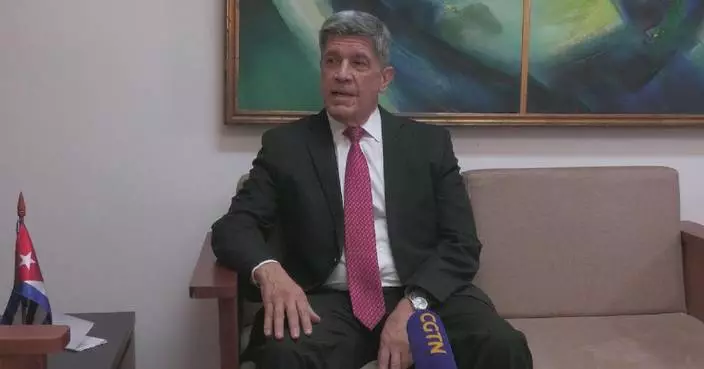Hideo Shimizu, a former member of Unit 731, the notorious Japanese germ-warfare detachment during World War II, has expressed a desire for more people to understand the historical truths about the wartime atrocities committed by the invading Japanese forces in China.
After a 79-year hiatus, Shimizu, 94, returned to China to acknowledge the atrocities committed by the invading Japanese forces and to offer sincere repentance and apologies to the victims.
Shimizu arrived in Harbin, northeast China's Heilongjiang Province, on Monday evening. The following morning, he visited the former site of Unit 731's headquarters building, including the office of the unit commander, the specimen room, and the site of the frostbite laboratory.
Shimizu concluded his trip to China and returned to Japan on Thursday evening.
Shimizu was among the last batch of Unit 731 Youth Corps members sent by Japan to Harbin, where he spent more than four months witnessing the war crimes committed by the unit, including the cultivation of pathogens, human dissections and human experiments.
Shimizu said that visiting the former site of Unit 731 brought back memories from his time in the unit, once again deeply impressing upon him the horrors of war and the grave sins of the Japanese forces in their invasion of China.
"The Japanese troops transported people to Unit 731. If the number of people was too high, sometimes they would inject and kill them directly upon unloading from the trucks. Such things did happen. Children were sometimes used as specimens. These children were innocent," Shimizu told China Central Television (CCTV) in an interview in Osaka on Friday.
Shimizu's trip to Harbin lasted only a couple of days, yet he expressed gratitude for the chance to offer apologies in China within his lifetime.
"Because many people were killed in the war, I hope to apologize to at least the victims. Going to Harbin is with such feelings. I also hope to let the younger generation understand how terrible war is. I feel very painful when I see those specimens, sometimes even appearing in my dreams. Even though this is just my personal behavior, I still hope to apologize with a repentant heart," Shimizu said.
Upon his return to Japan, Shimizu plans to hold a press conference soon to explain his reflections on his repentance journey in China, with the aim of enlightening more young Japanese people about the truths of history.
"I believe that the Japanese education is unwilling to tell the younger generation about the cruelty of war. The invading Japanese forces conducted live dissections in Harbin. I think the local museum in Japan chooses not to display my testimony for these reasons. Therefore, I want to make children aware that Japan has committed such terrible acts because in past wars, not only did the Chinese suffer, but the Japanese themselves were also victims. I want people to understand that we must not engage in war anymore," Shimizu said.
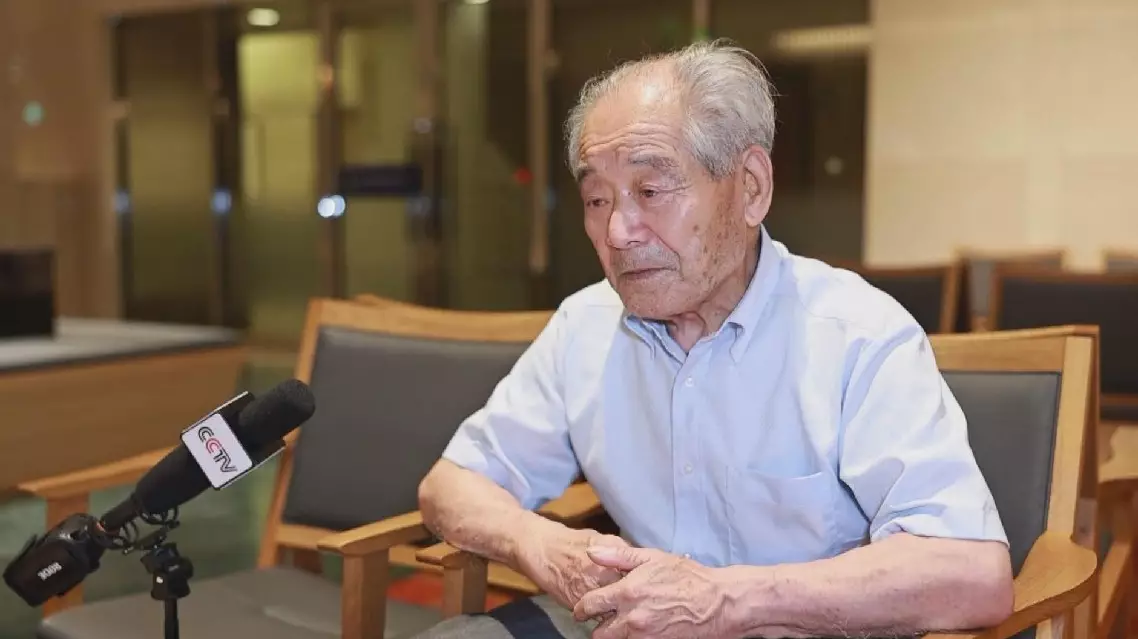
Former Unit 731 member desires broader understanding of Japanese wartime atrocities
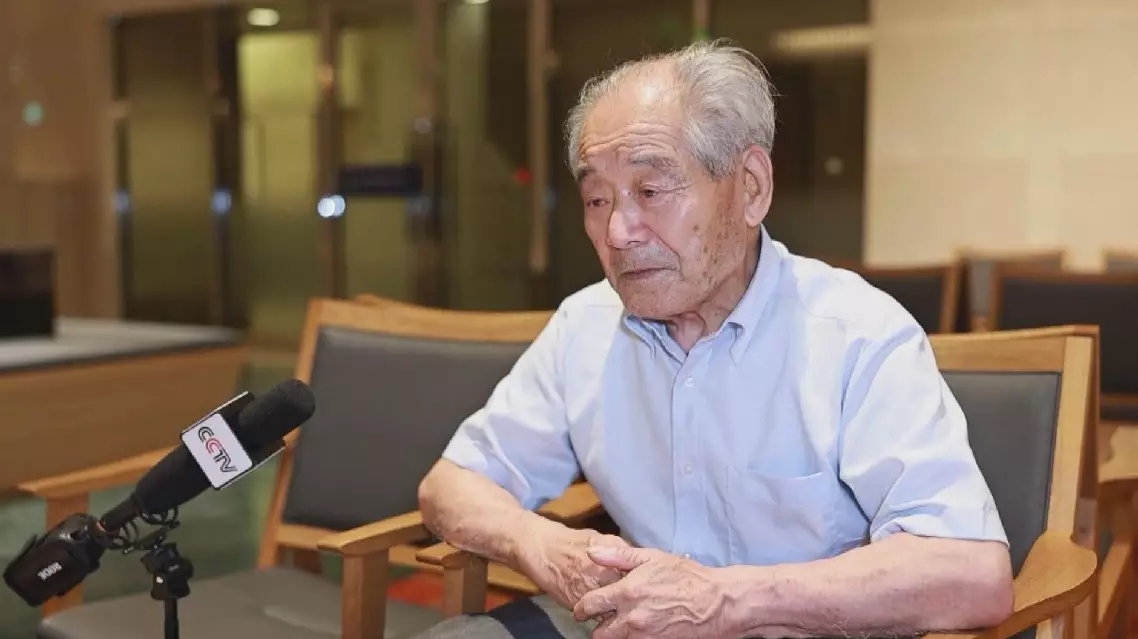
Former Unit 731 member desires broader understanding of Japanese wartime atrocities
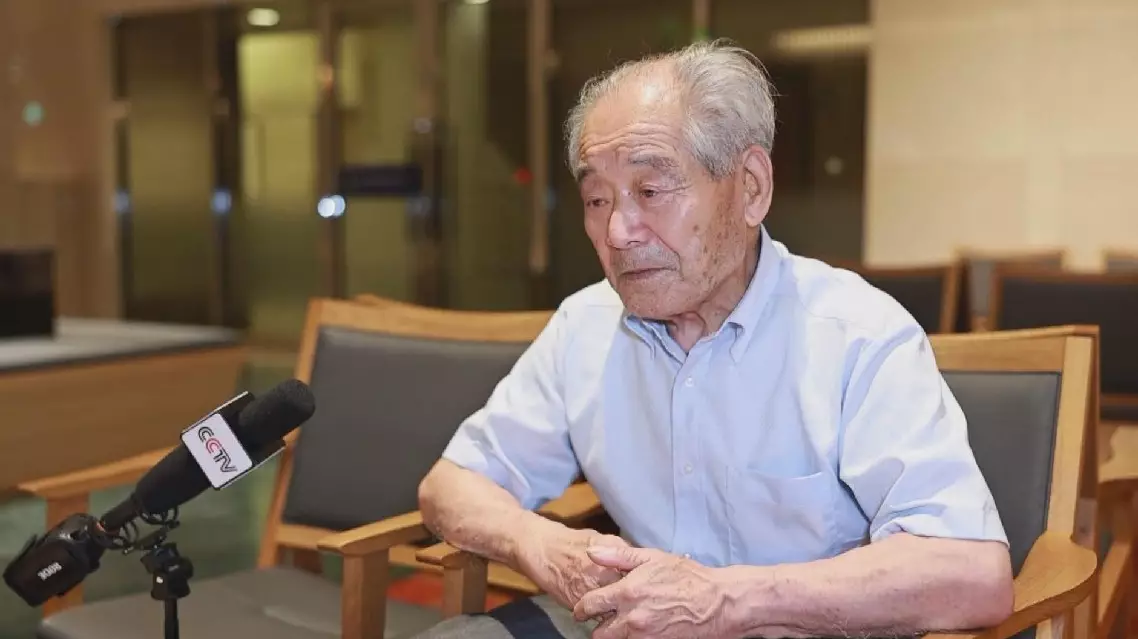
Former Unit 731 member desires broader understanding of Japanese wartime atrocities


